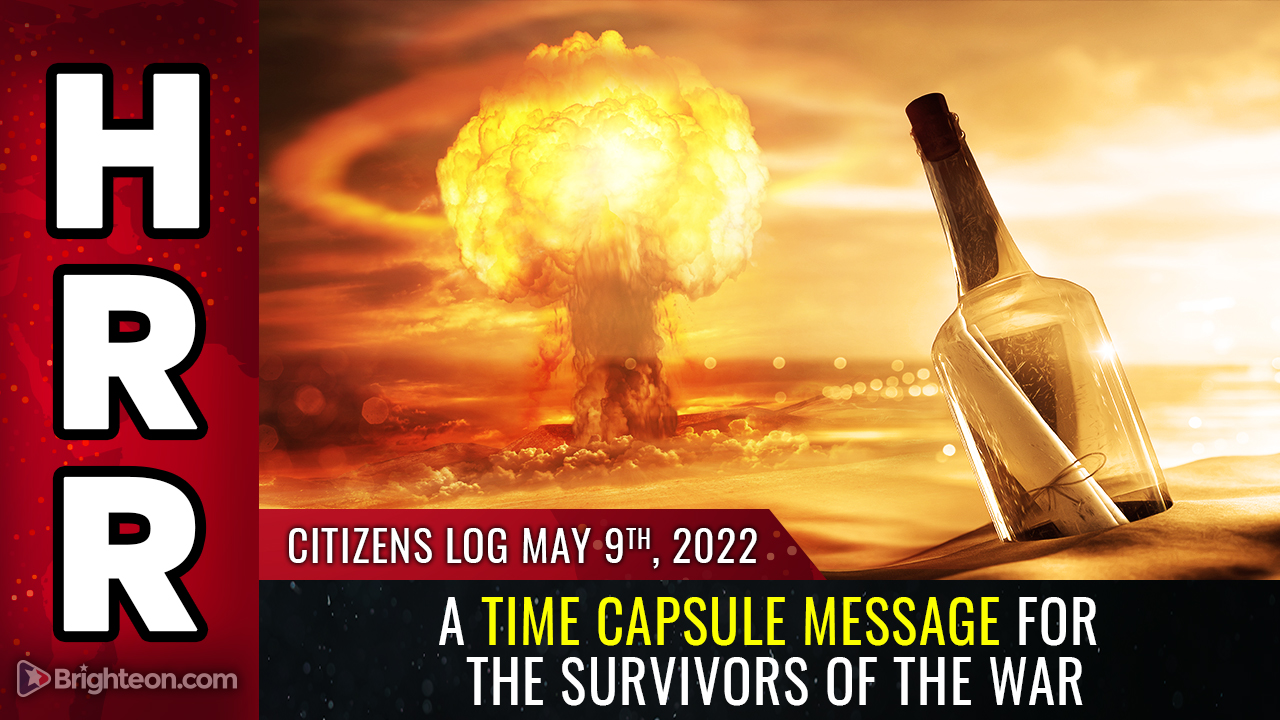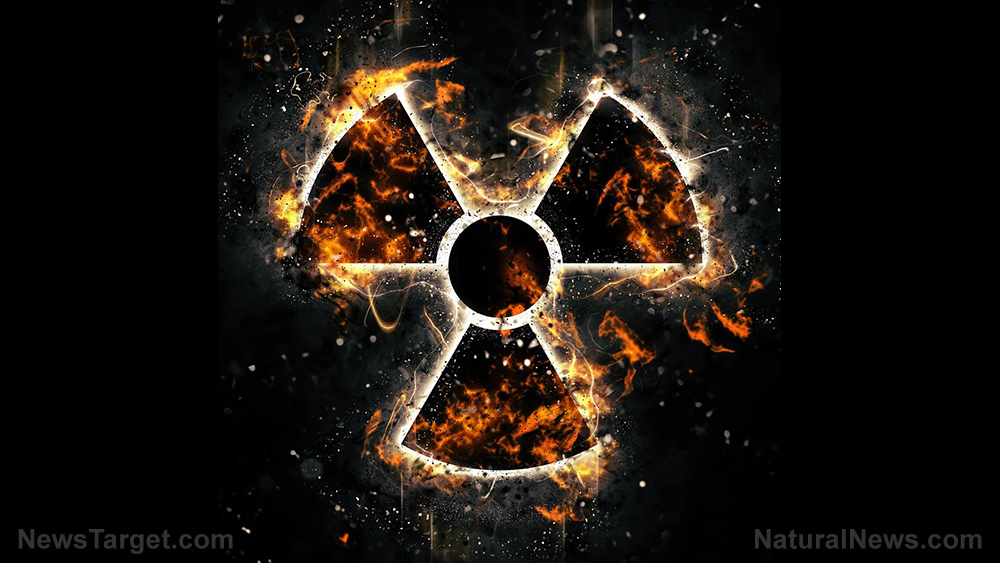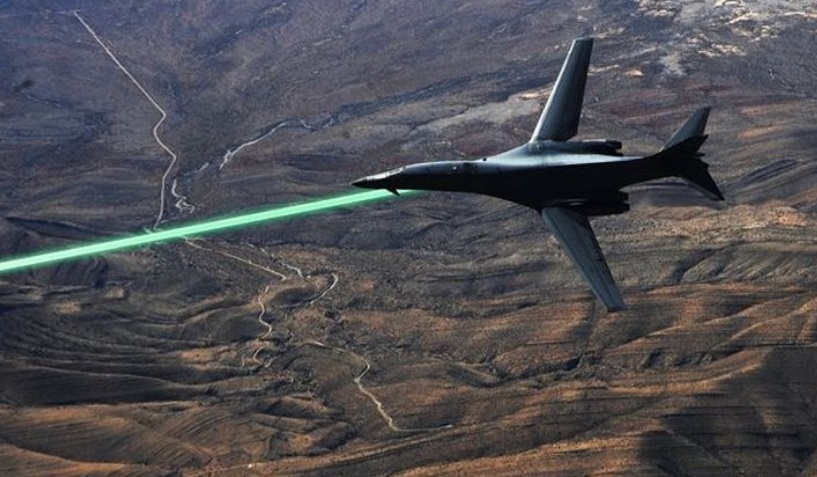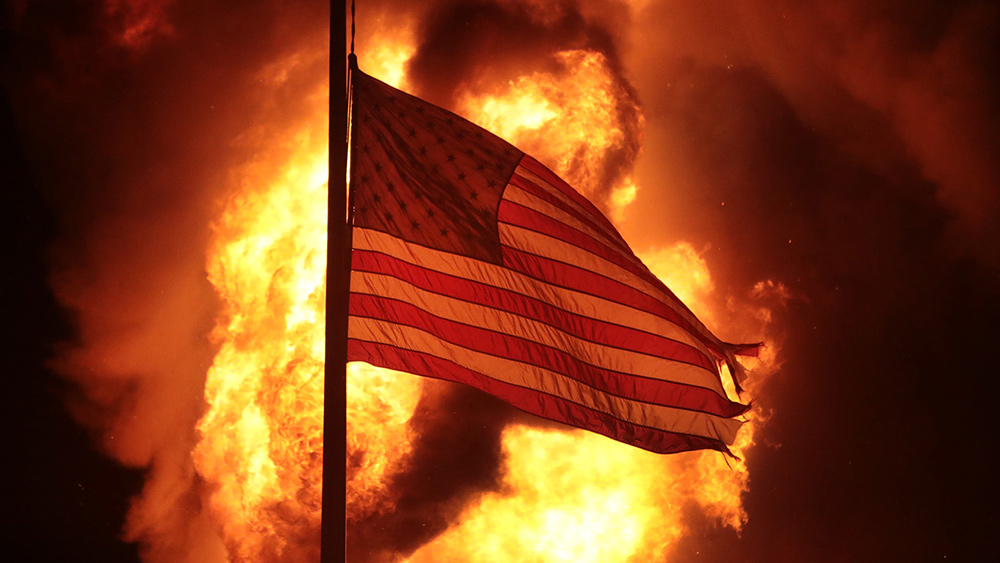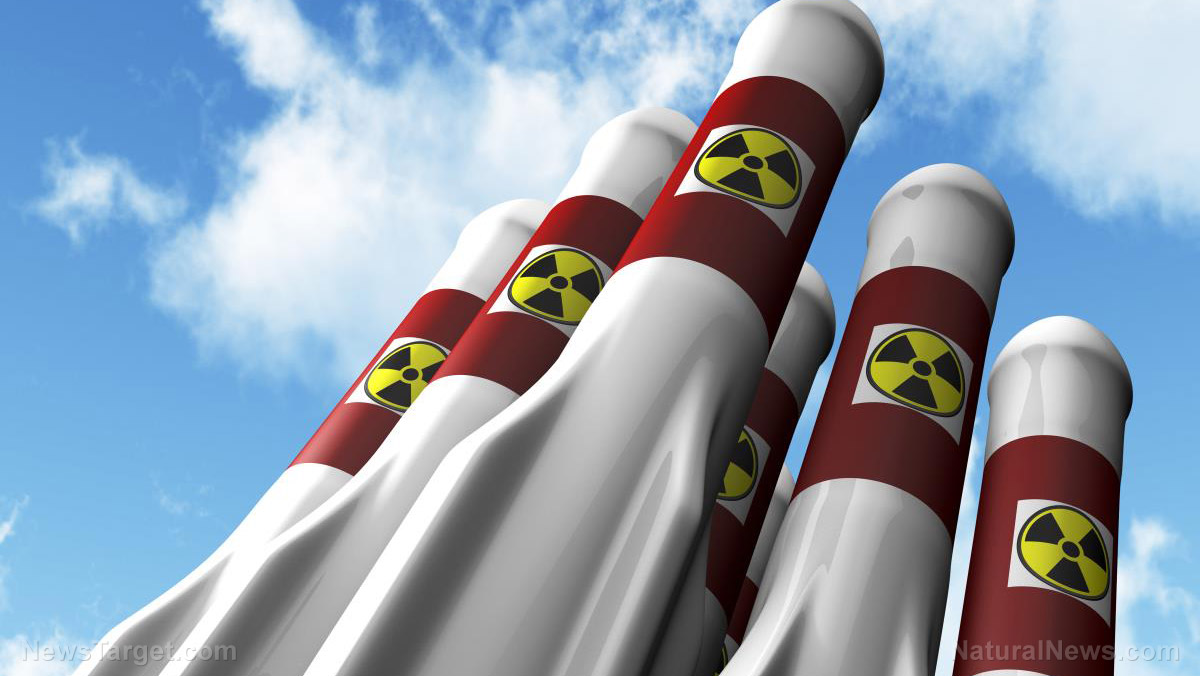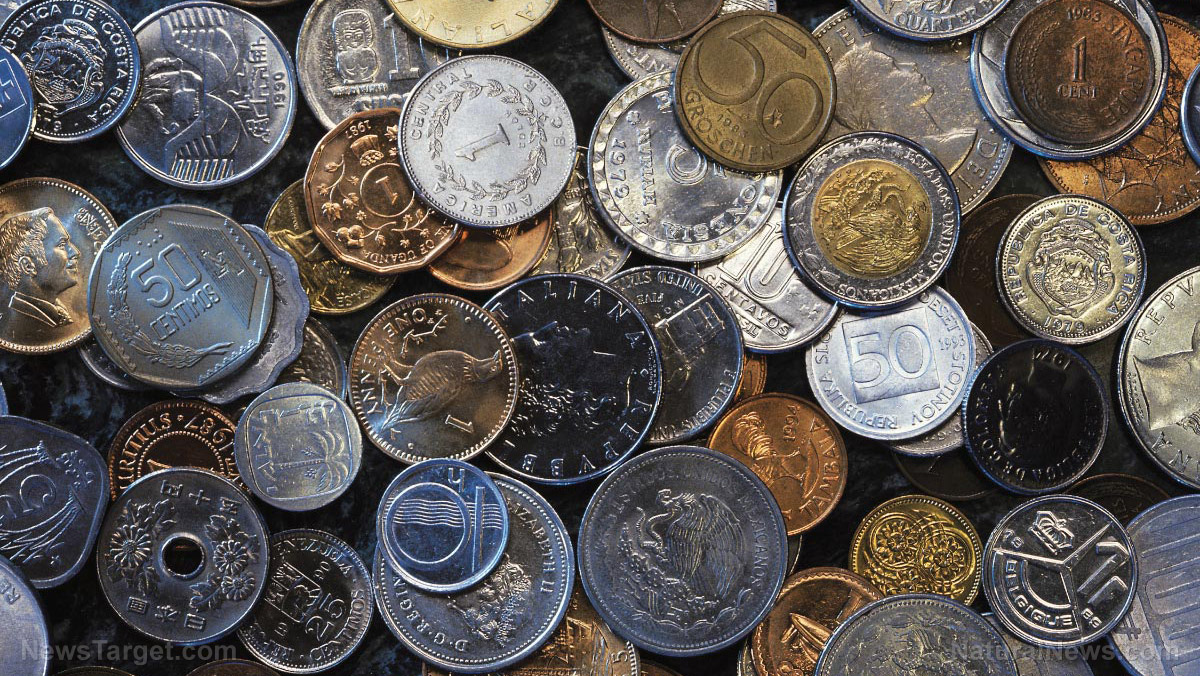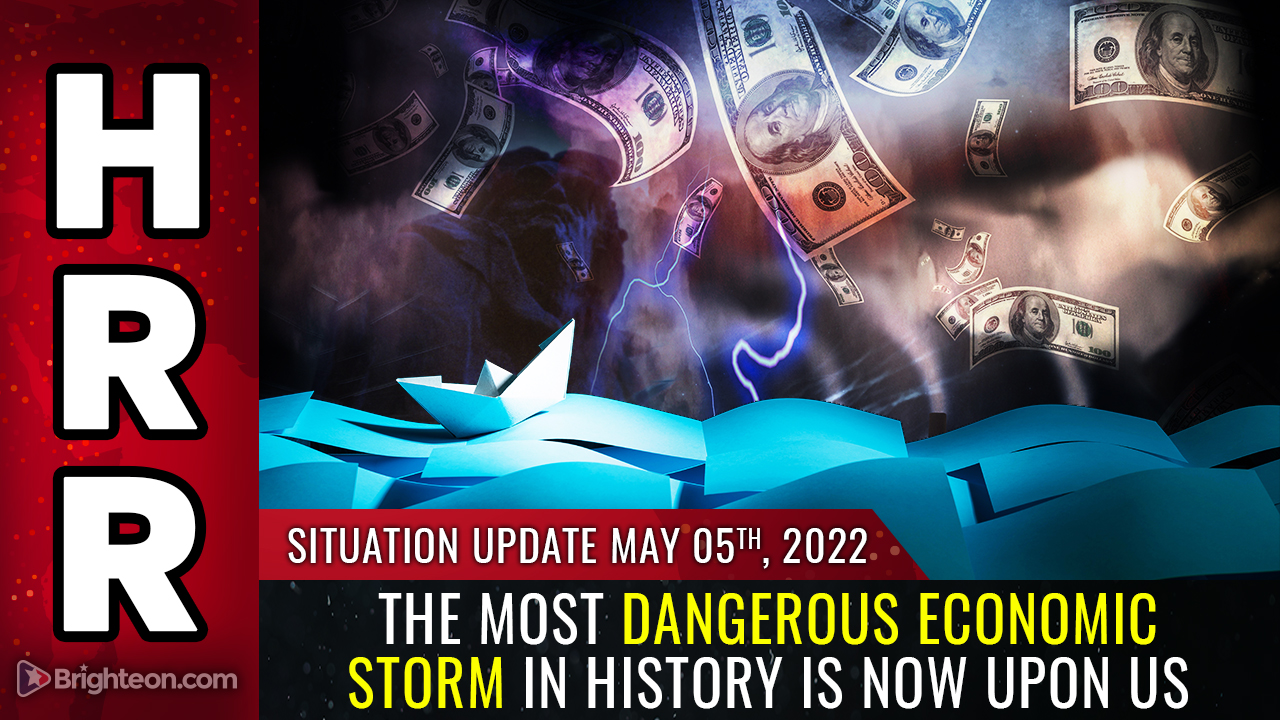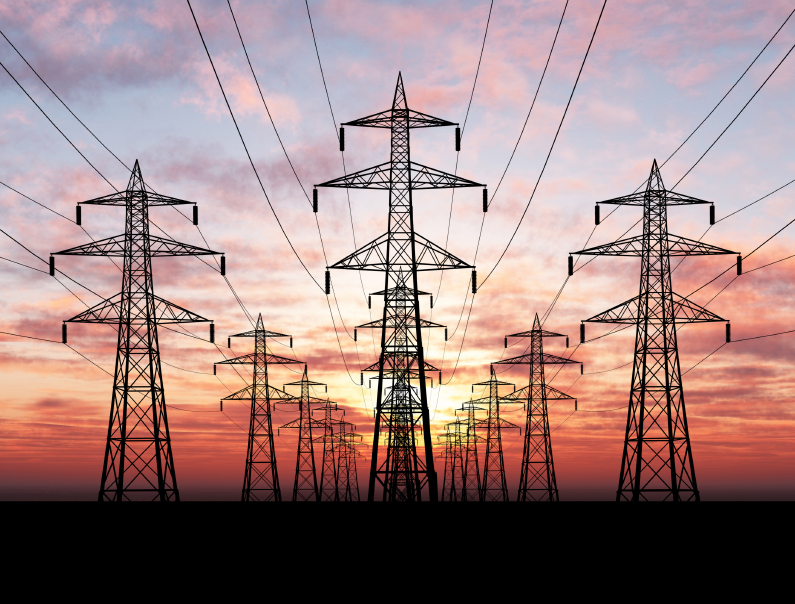Global energy crisis escalates to a whole new level
02/28/2022 / By Kevin Hughes

The global energy crisis has just turned for the worse after Russia’s invasion of Ukraine. And that means countries around the world will soon be hit by bigger energy prices.
Filling up your vehicle and heating your home is going to be more expensive and the rising costs to move the goods that people buy will make the rate of inflation even worse. (Related: A geology insider explains why the global energy crisis is going to get much, much worse.)
As of now, a large portion of the United States population has shown no interest in following the Ukraine conflict. With Russia’s forces moving into Donetsk and Luhansk on Feb. 21, Germany decided to put on hold indefinitely the Nord Stream 2 Baltic Sea gas pipeline project.
The Nord Stream 2, which was worth $11 billion, was intended to double the flow of Russian gas directly to Germany.
Considered as Europe’s most disruptive energy project, the Nord Stream 2 was finished last September but has remained idle pending recognition by Germany and the European Union.
Putting the Nord Stream 2 on hold will hurt not only Russia, but the entire Europe. After Germany’s announcement, the price of Europe’s natural gas soared about 10 percent. The European benchmark gas price, presently the Dutch March contract, was up 9.8 percent at 78.95 euros ($88.38) per megawatt hour (MWh).
High price for natural gas in Europe
Another natural gas price shock is probably going to start in Europe. Former Russian President Dmitry Medvedev recently warned Europeans that they “are very soon going to pay two euros [$2.24] for one cubic meter of natural gas.”
If the price of natural gas really gets to that mark, then Europe will be devastated. With Europeans allowing themselves to become dependent on Russia’s natural gas, a huge amount of suffering is coming.
Crude oil price rising again
The price of crude oil is now almost about 100 dollars a barrel.
U.S. crude oil soared to more than three percent at some point to a high of $96. The contract finished the session 1.4 percent higher at $92.35 per barrel with Brent trading as high as $99.50 before settling at $96.84 per barrel for a 1.52 percent gain.
And it won’t be long before the global price of oil goes way past the $100 per barrel threshold. That won’t augur well for the global economy.
On February 22, JPMorgan warned about what an “energy price shock” could mean with oil rapidly approaching $100 a barrel. JPMorgan hinted that a spike in energy prices and other ripple effects from the Russia-Ukraine crisis could hurt the stock market and the economic recovery.
“An energy price shock amidst an aggressive central bank pivot focused on inflation could further dampen investor sentiment and growth outlook,” JPMorgan strategists told its clients.
A full-scale military conflict between Russia and The West is unlikely, but a deep economic war is almost inevitable, according to Jarand Rystad, chief executive of energy consultancy Rystad Energy.
“Russia cannot win an outright economic war, but it does have a major weapon to wield – oil and gas exports. Demand for oil and gas in the West is only rising, and a global energy crisis is likely to unfold,” Rystad said.
He added that Russia’s actions took international commodity markets off guard as evidenced by the large price fluctuations witnessed on February 24 – the day Russia launched a full-scale attack on Ukraine.
More related articles:
State and federal regulations cause gas prices to surge in California.
Watch the video below to know why a global energy crisis is coming.
This video is from the What is Happening channel on Brighteon.com.
Follow Collapse.news to know more about the global energy crisis.
Sources include:
Submit a correction >>
Tagged Under:
crude oil, Europe, European Union, gasoline, Germany, global energy crisis, JPMorgan, markets, natural gas, Nord Stream 2, oil, Russia, Ukraine, United States
This article may contain statements that reflect the opinion of the author
RECENT NEWS & ARTICLES
COPYRIGHT © 2017 CHAOS NEWS


